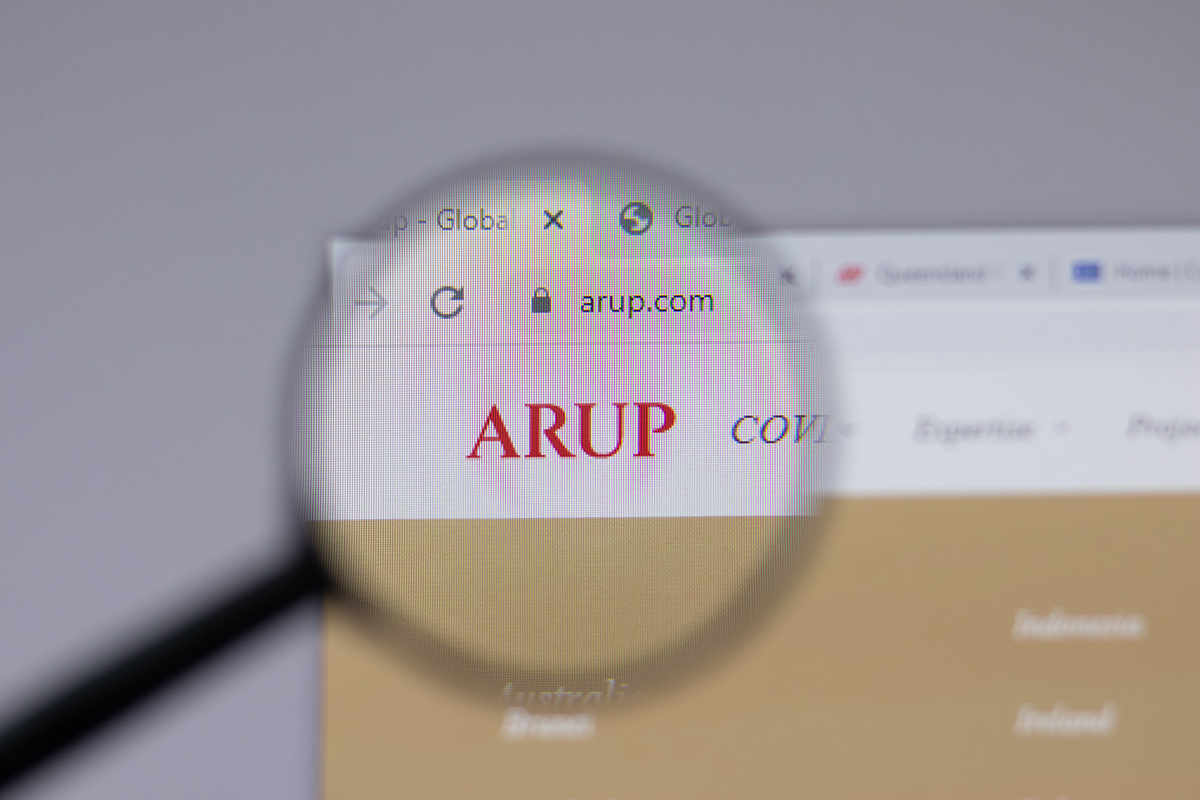Arup, the esteemed British engineering titan behind architectural marvels such as the Sydney Opera House and Beijing’s Bird’s Nest stadium, has fallen victim to a sophisticated deepfake scam, resulting in a staggering $25 million loss. Unfolding in Hong Kong, the incident underscores the growing threat posed by advanced digital deception techniques.
In January, Arup reported to the Hong Kong police that one of its finance employees had unwittingly transferred $25.6 million in response to a meticulously orchestrated deepfake scheme. The employee, under the impression of engaging in a legitimate transaction with the company’s CFO and other colleagues, participated in a video call where all parties were convincingly replicated using deepfake technology. Despite initial suspicions triggered by a phishing email, the employee was swayed by the lifelike appearances and voices of the fraudulent participants.
The deepfake scam entailed a series of 15 transactions totaling 200 million Hong Kong dollars, executed under the guise of official company business. While Arup has assured stakeholders of its financial stability and operational integrity, the incident highlights the vulnerability of even established organizations to novel forms of cybercrime.
“Deepfake” refers to digitally manipulated media, often video, created using artificial intelligence algorithms to produce highly realistic simulations of individuals. This technology has raised global concerns due to its potential for malicious exploitation, as demonstrated by the Arup incident.
Rob Greig, Arup’s global chief information officer, acknowledged the escalating frequency and sophistication of cyberattacks targeting businesses worldwide. Like many others, the company faces a barrage of threats ranging from invoice fraud to deepfake scams, necessitating enhanced vigilance and security measures.
Michael Kwok, Arup’s East Asia regional chairman, emphasized the imperative for awareness and alertness among employees in light of the evolving threat landscape. In an internal memo circulated within the company, Kwok urged proactive measures to detect and mitigate the risks posed by emerging deception techniques.
Beyond financial losses, the repercussions of the deepfake scam prompt broader concerns about the societal impact of AI-driven deception. Instances of deepfake technology being weaponized for illicit purposes, such as spreading misinformation or manipulating public opinion, have heightened anxieties among policymakers and cybersecurity experts worldwide.
As Arup navigates the aftermath of the fraudulent scheme, attention turns to the ongoing investigation and efforts to bolster resilience against future cyber threats. The company’s commitment to transparency and collaboration with law enforcement underscores the collective endeavor to combat digital deception and safeguard the integrity of global commerce.
In a notable personnel development, Michael Kwok recently resumed his role as Arup’s East Asia regional chairman, succeeding Andy Lee, who departed the company after a distinguished 26-year tenure. Kwok’s return coincides with heightened awareness within the organization regarding cybersecurity risks, reflecting a renewed focus on fortifying defenses and fostering a culture of cybersecurity awareness.
The Arup deepfake scam serves as a stark reminder of the evolving tactics employed by cybercriminals and the imperative for continuous adaptation and vigilance in the face of technological innovation. As businesses grapple with the challenges posed by digital deception, collaboration, education, and technological advancements will be pivotal in mitigating risks and safeguarding against future threats.







